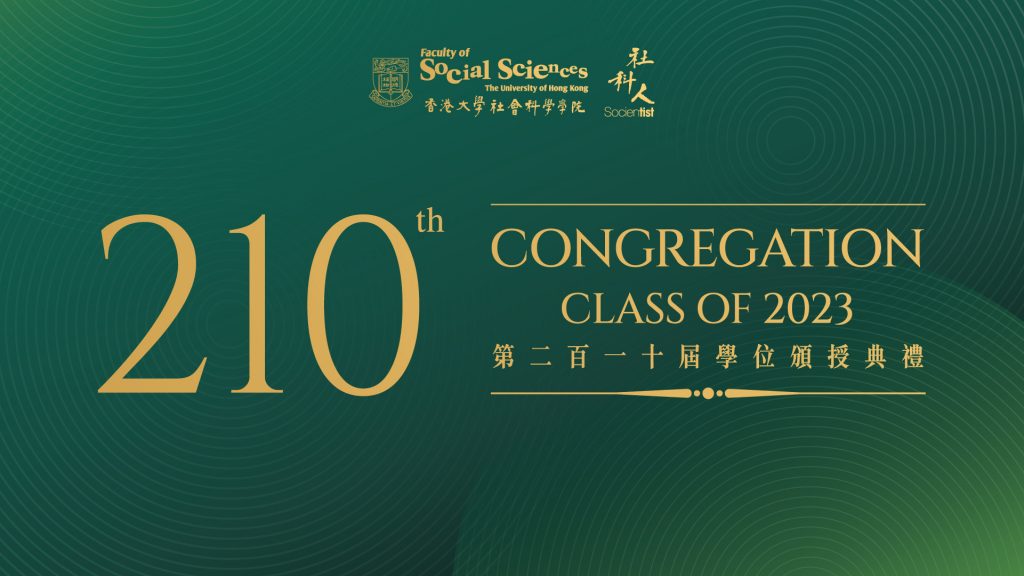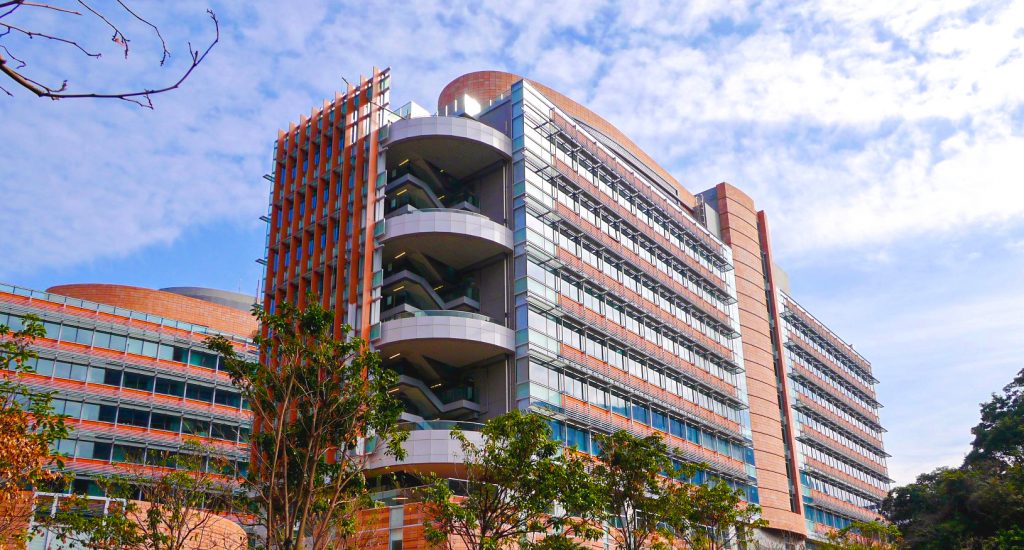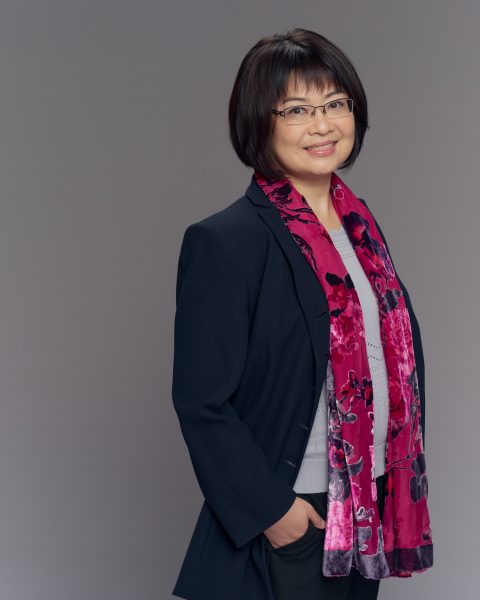
Professor Ming Wen, Dean of Social Sciences
The new Dean of Social Sciences brings a strong quantitative background and an air of cheery decisiveness, after joining HKU sight unseen. It takes someone skilled in weighing multiple variables to take the decision made by Professor Ming Wen last summer. She agreed to become the new Dean of Social Sciences, having never been to HKU or even Hong Kong Island. Professor Wen was headhunted for the position and initially hesitated, having enjoyed 19 years as a professor at the University of Utah where she produced a substantial body of research on the social determinants of health and well-being and enjoyed the lifestyle there.
(copyright © HKU Bulletin)
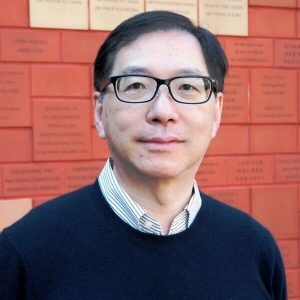
Professor Eric Fong, Associate Dean (Teaching & Learning)
Professor Chan Kwan Nok, Assistant Dean (Teaching & Learning)
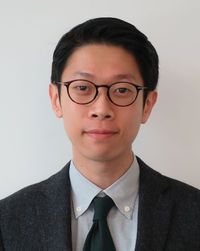
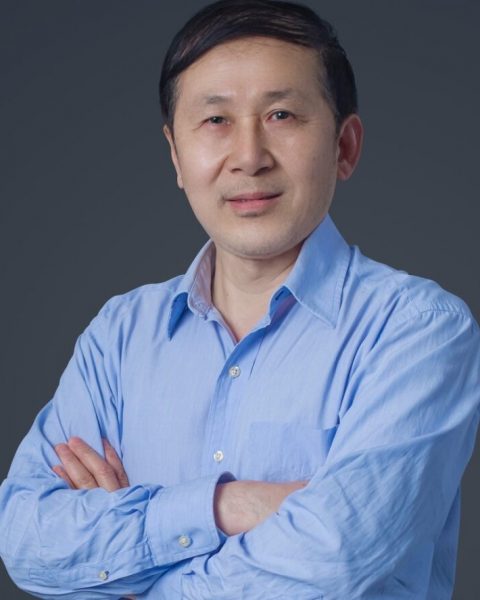
New Head of Geography – Professor Shunlin Liang
As the new head of the Department of Geography, I am eager to emphasize the importance of geography in today’s world. Our society faces numerous environmental, social, and economic challenges, and my colleagues in the department are engaged in diverse research fields, utilizing critical analysis, advanced geospatial technologies (e.g., satellite remote sensing, geographical information science), and an integrative, holistic perspective.Established in 1931, our department consistently ranks among the top departments globally, with the 2023 QS ranking placing us first in Hong Kong, second in Asia, and thirteenth worldwide. Geography matters because it offers a comprehensive understanding of the interconnectedness of the world we live in, providing unique insights into complex challenges, from natural disasters to urbanization, climate change to geopolitical conflicts. Our department is committed to advancing geographical knowledge and expertise through innovative research, teaching, and community engagement. We strive to equip our students with the critical thinking skills needed to address pressing issues of our time. I am confident that through our collective efforts, we can make a positive impact on the world and demonstrate why geography truly matters.
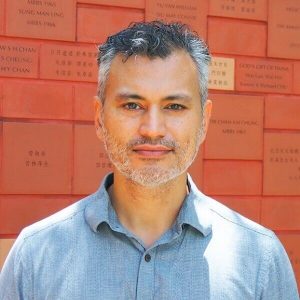
New Head of Department of Sociology – Professor Tarani Chandola
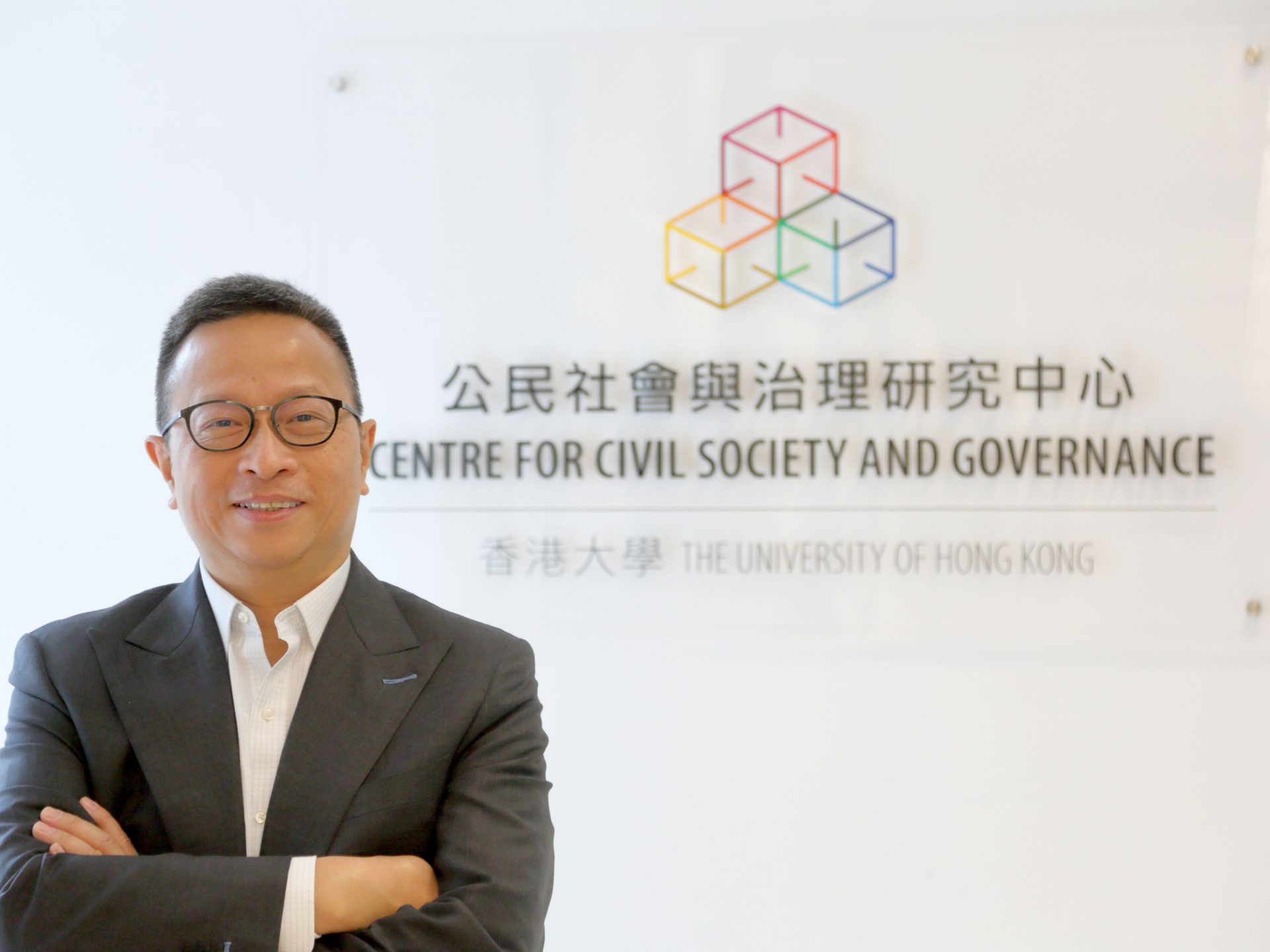
Faculty Knowledge Exchange Award 2023 – Professor Lam Wai-fung
Enhancing civil society’s capacity and readiness for sustainability attainment: Rural revitalization
Communities at the rural-urban nexus have been undergoing social and economic decline due to the encroachment of urbanisation. Policy attention is often biased towards urban areas and so there is a need for a revitalisation model that can enhance the socio-economic, cultural and ecological assets embedded in rural communities while reconnecting these assets for the sustainability attainment of the wider society.
Prof Wai-Fung Lam, Director of the Centre for Civil Society and Governance, working with the team at the Centre, applied his research on institutions, self-governance and collaborative governance to form the theoretical underpinning for the Sustainable Lai Chi Wo (LCW) and HSBC Rural Sustainability projects (the Programme), undertaken from 2013-2023.
The Programme built knowledge on community-led governance to rebuild the LCW village’s social and ecological systems in a manner that was viable and sustainable in the peri-urban context. Throughout this process, a substantial wealth of knowledge was co-produced and shared with various communities of interest. This includes conventional sharing through social media, videos, exhibitions and the organisation of volunteer days, the sharing of academic knowledge via academic publications, conferences and regional roundtables. Knowledge was also exchanged through more innovative means, through building collaborations with and amongst local communities through incubation schemes and the establishment of a platform for knowledge exchange in local agro-food production . Ten rural start-ups and seven community-based projects were incubated under the Programme. Additionally, the Academy for Sustainable Communities was also established to provide curriculum-based courses to aid interested individuals put sustainability in action; more than 5,500 practitioners and public members were trained under the Academy since its establishment.
The Programme co-created community rural revitalisation, re-establishing community farming and livelihoods and re-connecting urban and rural areas. Locally, the success of the Programme is recognised by the HKSAR Government, contributing to the creation of the Countryside Conservation Office and associated fund for further rural projects following the LCW revitalisation model. Nationally, Tsinghua University studied the LCW model and won the 2022 National Public Administration postgraduate student case study’s grand award, which includes details into how the model can inform the national policy. Internationally, the project has received awards and recognition from UNESCO, UN Habitat and UNDP. Impact has been further scaled up and new collaborations have been formed, including the establishment of a regional consortium of universities to further rural revitalisation impacts.
Social Sciences Outstanding Teaching Award 2021-22 – Professor Dorita Chang
Whether I am in the classroom or in my vision sciences laboratory, I liken my work to solving a gigantic puzzle. In the classroom, I am evaluating the state-of-the-puzzle (the nervous system), together with students, unlocking the limits of current knowledge and brainstorming solutions to furthering our understanding of the brain and behaviour. This evaluation happens in the form of “thought” activities that touch on a current controversial issue/debate in research, simulated “scientific peer review” projects that drive home the importance of incorporating and responding to peer feedback (politely!), and (beloved) programming “hack” sets aimed at realizing student imaginations.
In the lab, I am moving the puzzle pieces around, experimenting with different perspectives and methodologies towards resolving conflicting pieces and enhancing visual neuroplasticity. In either case, the wisdom that is gained from all of these activities comes from realizing the growth in skills and perspectives whilst navigating these puzzles.
To our Class of 2023: As you embark upon the next stage of your lives, I hope that you will cherish the experiences that you have earned throughout your academic journey. Whether you are reflecting upon that time you finished your term paper 3 minutes before the deadline, or perhaps that awkward society or hall event that you wish you never attended, remember that it is these very laughs shared both inside and outside of the classroom (of course whilst completing our awesome homework), that have shaped who you are today.
Congratulations. I wish you every success in your next endeavour.
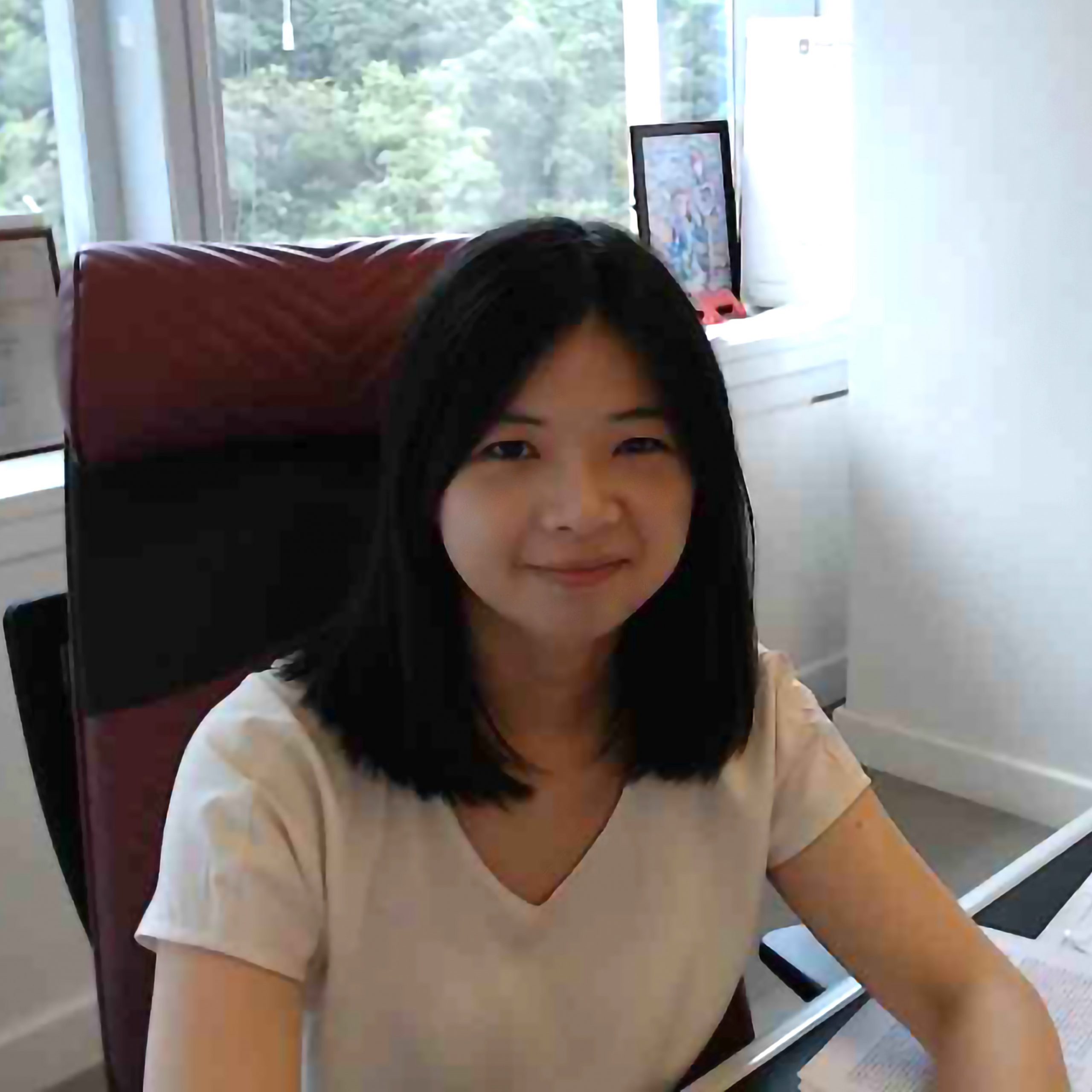
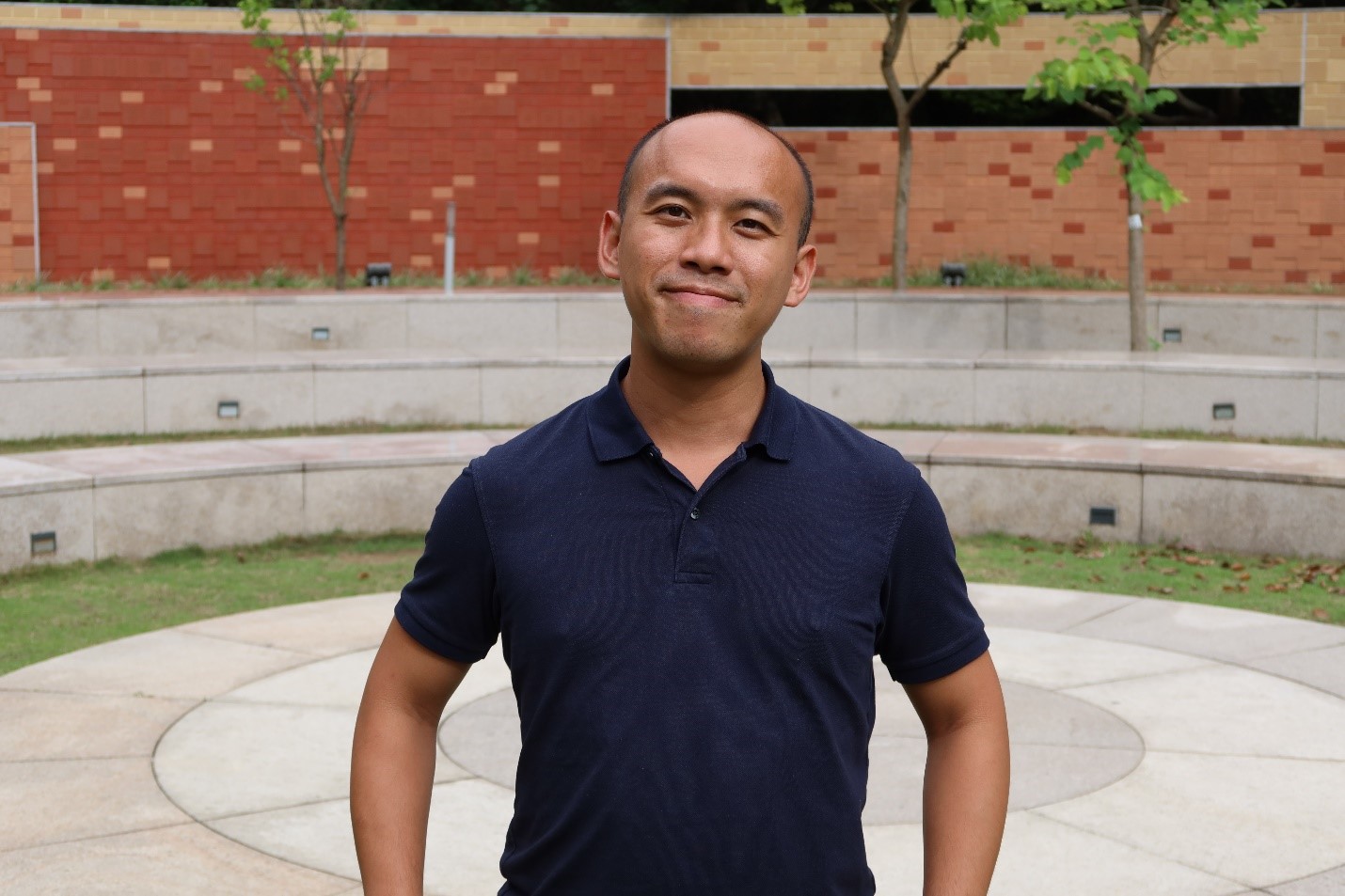
Social Sciences Outstanding Teaching Award 2021-22 – Professor Terry Wong
Teaching is never an easy task. This is particularly true in the current era, where information is everywhere. The role of teachers is no longer only about the transmission of knowledge; it is about facilitating students to own the knowledge. To own the knowledge, you need to critically evaluate it and integrate it into a coherent whole.
In my courses, in addition to resolving students’ doubts, I try very hard to create doubts among my students. Besides presenting basic information on the topic, I spend a lot of time asking questions such as, “Is this psychological assessment tool measuring what it is intended to measure?” and “Are the authors’ claims being supported by their research data?” These are the questions that I always ask in my courses, and I expect the students to ask similar questions in their work. I hope that, through asking these types of questions, students can develop a critical mindset about the information that they encounter. No one is always correct. You are a smart consumer of information only when you know how to evaluate it.
Another aspect of knowledge ownership is the integration of information. While information is everywhere and easily accessible, you do not own the knowledge unless it is well integrated with your existing knowledge framework. In my courses, I try to provide a lot of “knowledge integration” practices to my students. For instance, my students are asked to relate different psychological assessment tools on a certain topic to an overarching framework (e.g., the DSM-5 criteria). When I see how my students put together different pieces of information, along with their own evaluation, meaningfully into an organized, coherent piece, I know that they have now owned the knowledge.
Early Career Teaching Award
Professor Austin Strange, Department of Politics and Public Administration
Teaching and collaborating with students is an integral part of my role as a scholar. My teaching and learning approach hinges on a combination of accessible, engaging classroom delivery and research-oriented instruction that inspires and empowers students of different levels and backgrounds.
My courses expose students to classic and cutting-edge research in international relations, and challenge them to craft question-driven approaches to thinking about world politics. Research-oriented thinking is an explicit course objective that informs our class sessions and student assessments. In both “China and the World” (POLI3059) and “International Development” (POLI3140), students complete group research projects in which they are assessed based on their ability to conduct original research targeted at an unanswered puzzle in the field using real-world data and sources.
Beyond the classroom, my approach integrates teaching and research by empowering students with real opportunities and experiences. Many students from my courses later contribute to collaborative research projects on international relations and Chinese foreign policies. Through these experiences, they develop new, transferable research skills as well as an appreciation for social science data generation.
Effective teaching is not a one-way street and I am grateful for all of the bright, engaging students who have taken my courses and worked with me at HKU in recent years. I also thank my colleagues in the Department of Politics and Public Administration, Faculty of Social Sciences, and across the larger HKU community for their wisdom and support.
Outstanding Young Researcher Award
Professor Shirley Li, Department of Psychology
Dr Li received her BSc in psychology from the University of Toronto, her MA and PhD in medical sciences (psychiatry) from the Chinese University of Hong Kong, and her clinical psychology doctorate from University College London. She is a registered clinical psychologist in Hong Kong and the UK and an Associate Fellow of the British Psychological Society. She joined the University of Hong Kong in 2015.
Dr Li’s research interests centre on sleep and sleep disorders. Her work aims to understand how sleep affects our daily functioning and physical and mental well-being. She also strives to translate research into practice and inform the development of evidence-based interventions to improve sleep and health in different populations. Her studies include examining the efficacy of sleep- and circadian-focussed interventions on improving sleep and mental health problems in young people.
Dr Li received the Elio Lugaresi WASM Award for Sleep Medicine from the World Association of Sleep Medicine in 2009, the Young Investigator Award at the World Congress on Sleep Medicine in both 2013 and 2015, and the 2017 Outstanding Early Investigator Award from the Sleep Research Society Working as a researcher is a challenging yet fruitful adventure filled with curiosity, frustration, persistence, and excitement for Dr Li. “Being an open-minded lifelong learner” is the mindset driving her passion for research. Along her academic journey, she is accompanied by many important people in her life – family, friends, mentors, colleagues, and students – to whom she is eternally grateful.
Outstanding Young Researcher Award
Professor Lishan Ran, Department of Geography
Freshwater ecosystems represent the largest biogeochemical nexus between the land, ocean and atmosphere. They serve as a gigantic transportation network in the global carbon cycle. Nevertheless, our current understanding of the role of freshwater ecosystems in the global carbon cycle remains largely unknown. Having long been considered passive conduits when delivering terrestrial carbon into the ocean, accruing evidence shows that freshwater systems are active biogeochemical reactors, transforming huge quantities of carbon with net emissions of carbon dioxide (CO2) and methane (CH4) into the atmosphere, and burial of carbon during aquatic transport (e.g., in aquatic sediments, floodplains and estuaries). A greater understanding of the biogeochemical cycling of carbon in freshwater ecosystems and its driving factors is critical to accurately assess the global carbon cycle and predict future climate changes.
Since I joined the Department of Geography in 2016, I have studied the biogeochemical cycling of carbon in representative freshwater ecosystems in East Asia, with generous funding support from the University, the Research Grants Council of Hong Kong and the National Natural Science Foundation of China. Field sampling and monitoring was performed in various freshwater systems with diverse climatic, geologic and hydrologic settings to unravel their carbon cycling dynamics and regulating mechanisms. Special attention was given to freshwater systems under strong anthropogenic perturbations. These studies provided valuable insights into the complexity of freshwater carbon biogeochemistry and its response to human activities.
I am overwhelmed with gratitude to have been selected to receive the Outstanding Young Researcher Award. I will continue my efforts to study the carbon cycling dynamics in freshwater ecosystems, with a special emphasis on inland waters in Hong Kong.
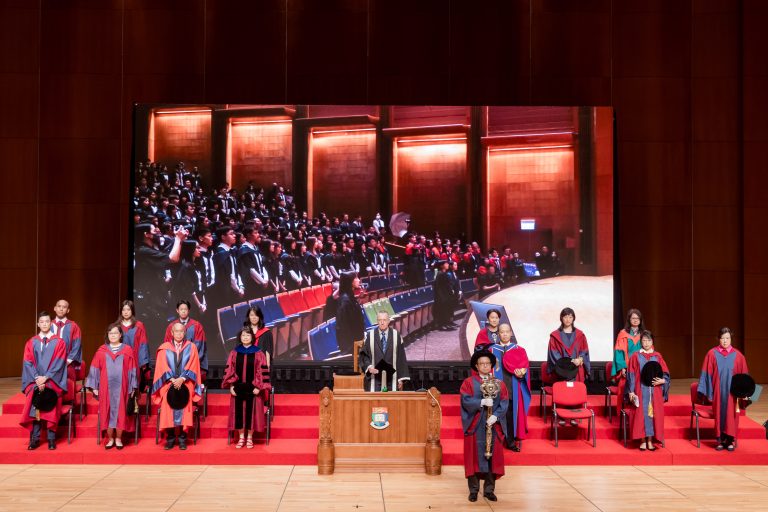
Congratulations to Class of 2023 Socientist!
Thanks to all of our amazing participants who joined the Social Sciences Summer Programme 2023: AI & Society. The 5-days, 4 nights was an incredible time learning and growing together! The programme has inspired you to continue exploring the intersection of artificial intelligence and society, and that you’ll carry this knowledge and passion with you wherever you go.
We looking forward to seeing all soon in HKU as a Socientist!
1st Methods Hub Summer Course – Data Analysis Skills for Comparative Social Research
The 1st Methods Hub Summer Course had successfully held from 10-20 July 2023. The 2-weeks programme provided an opportunity to all undergraduate students from different backgrounds to learn about the research and practical skills for a better understanding of our society by analysing quantitative data on social problems and conducting comparative social research. The participants had a taste of a different teaching style with their studying university as the lectures offered hands-on practical training on state-of-the-art theories and methods to collect/analyse quantitative data and draw inferences on social issues in accordance with students’ interests.
